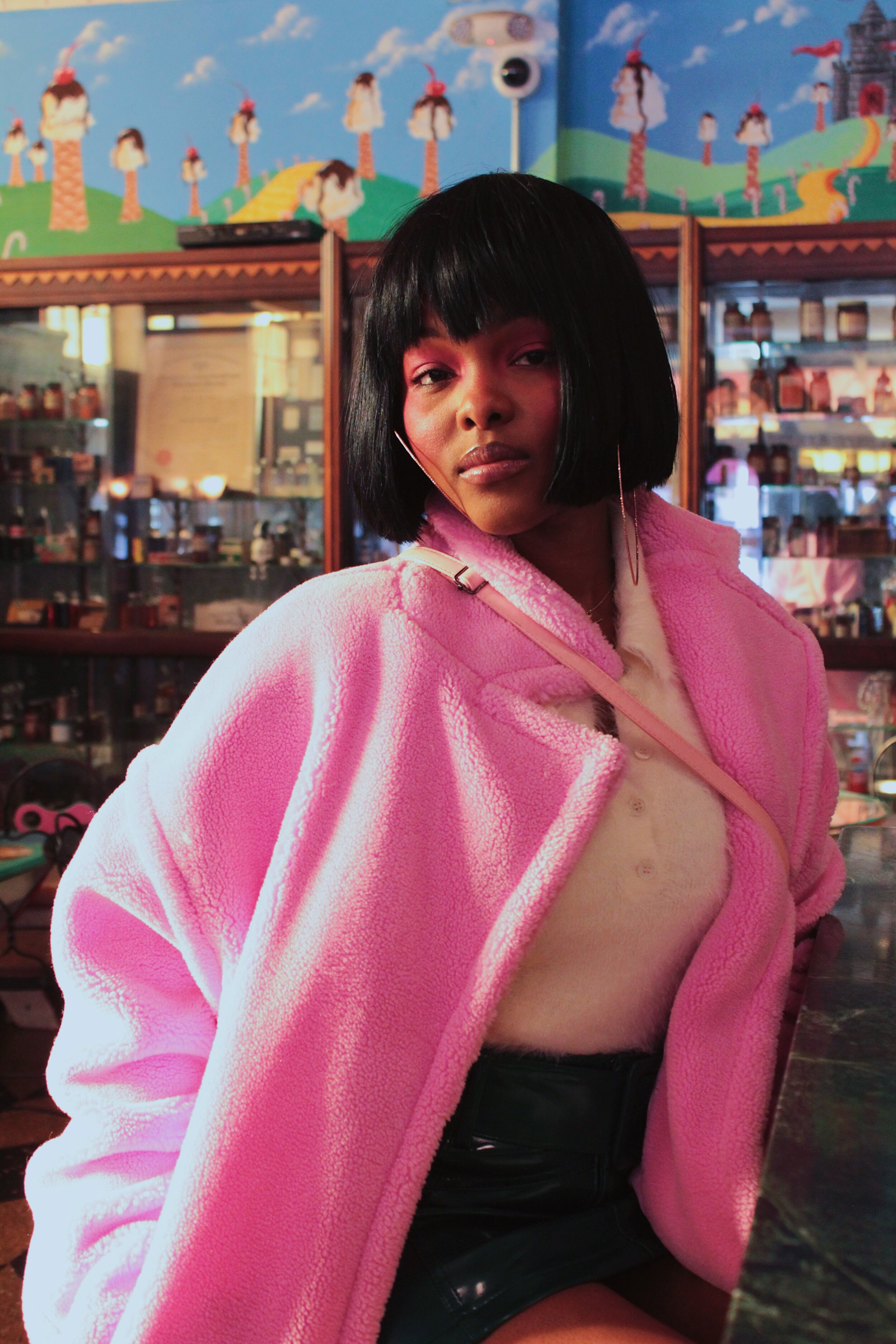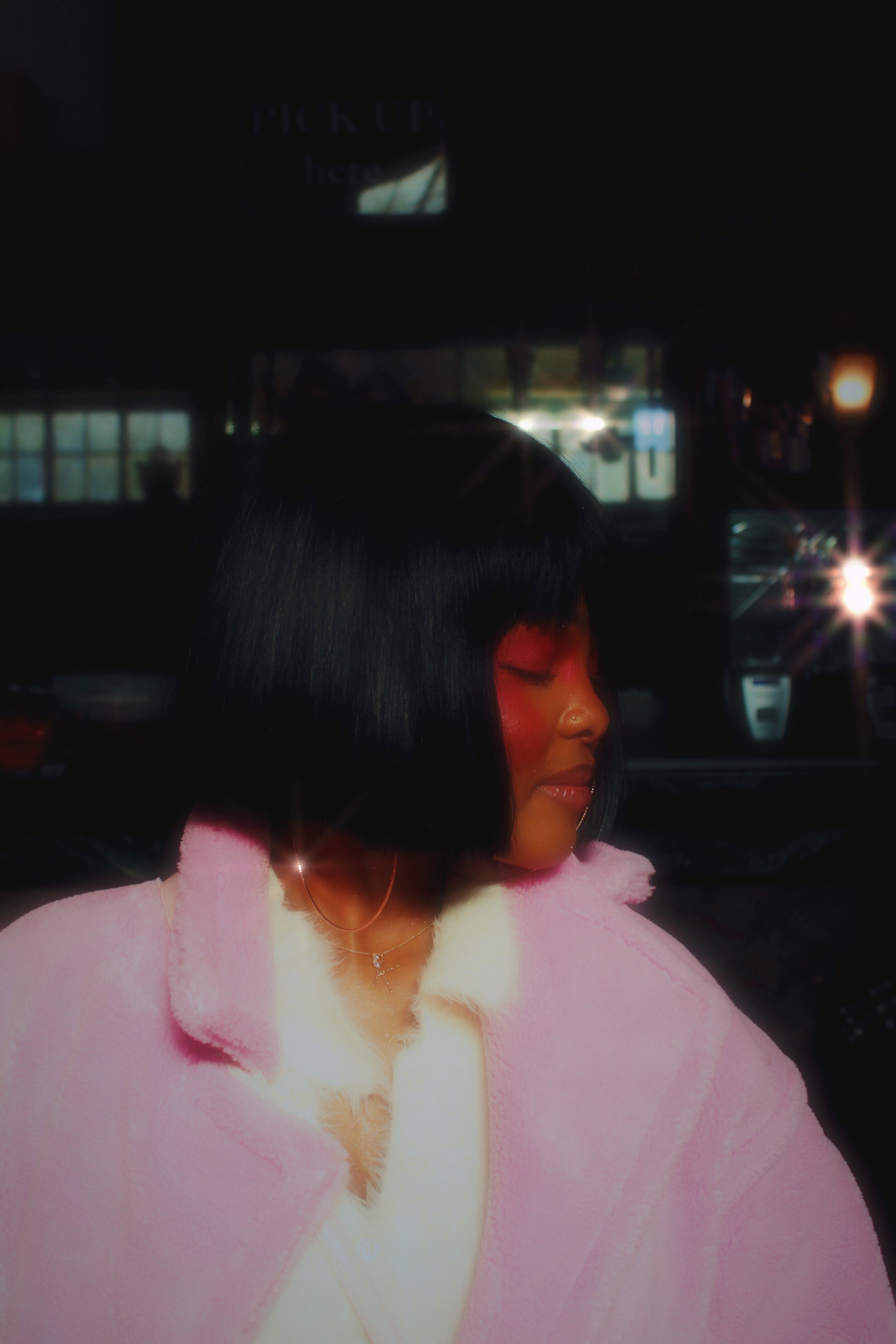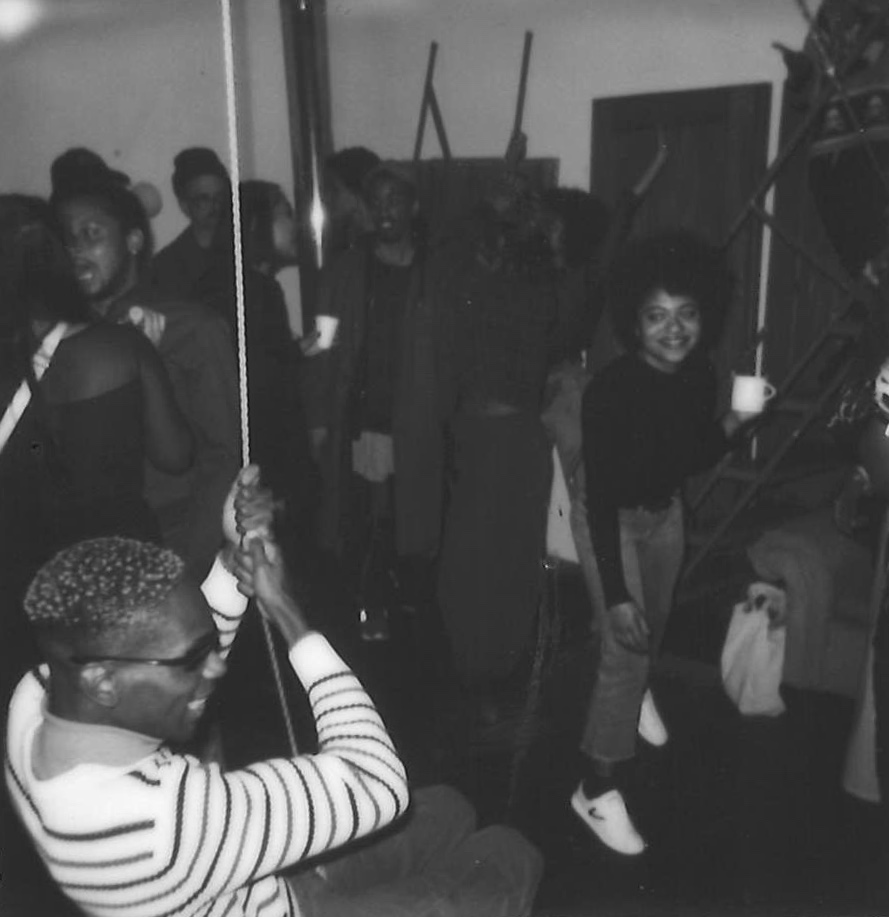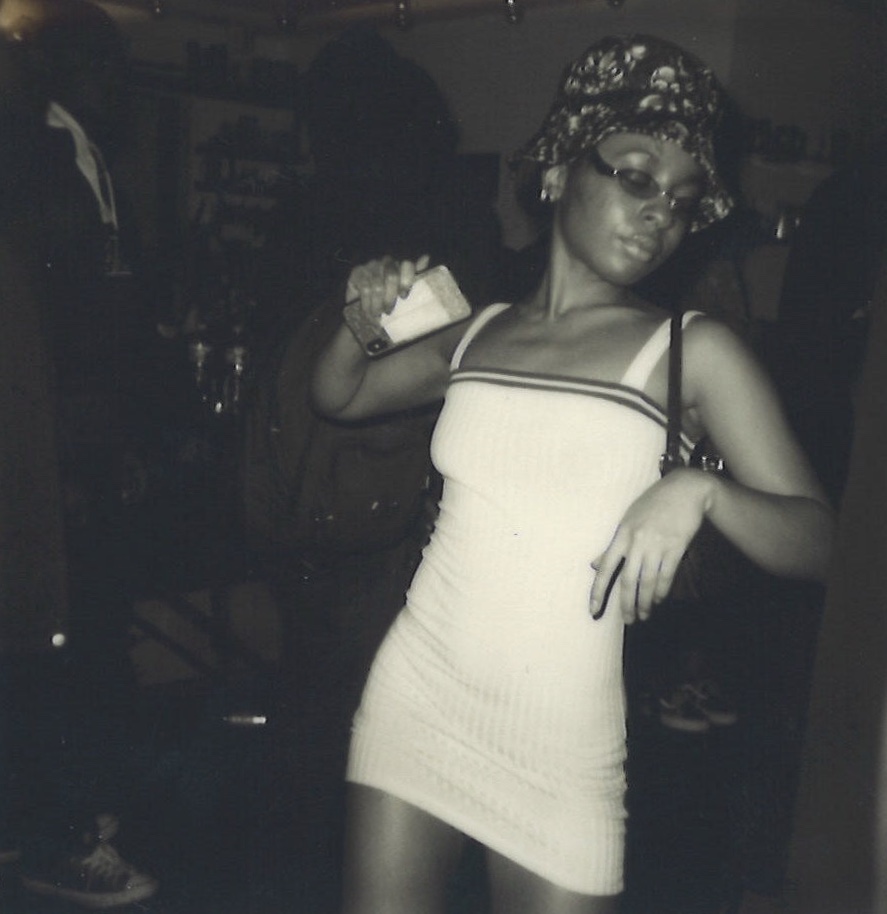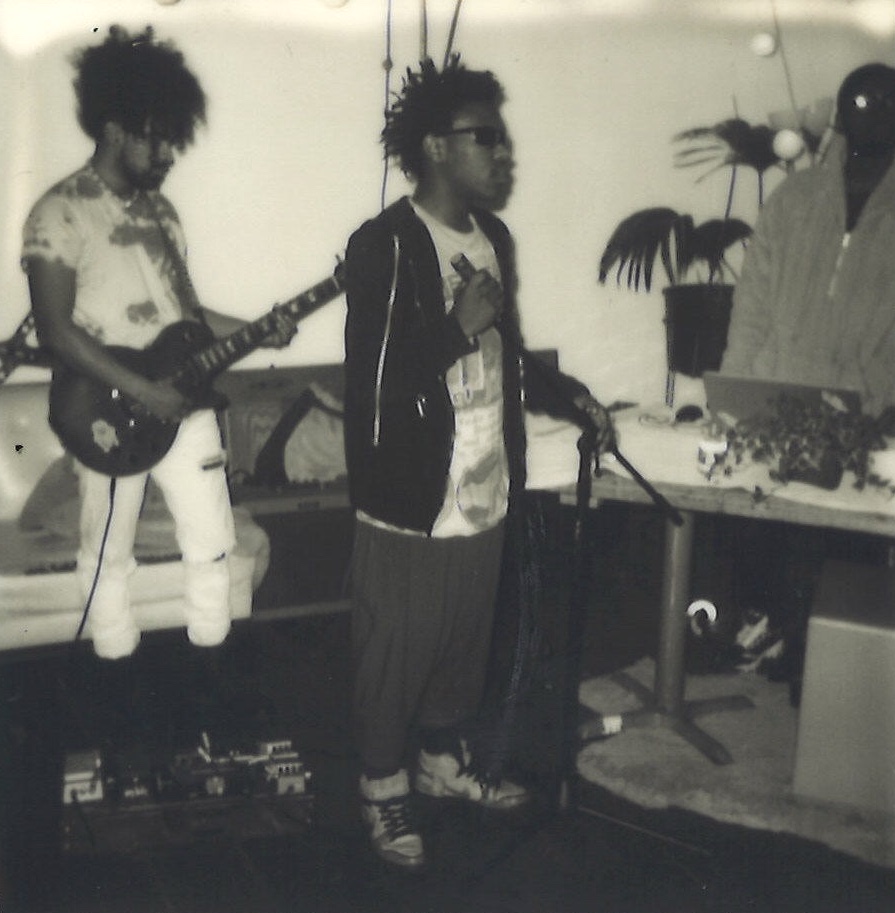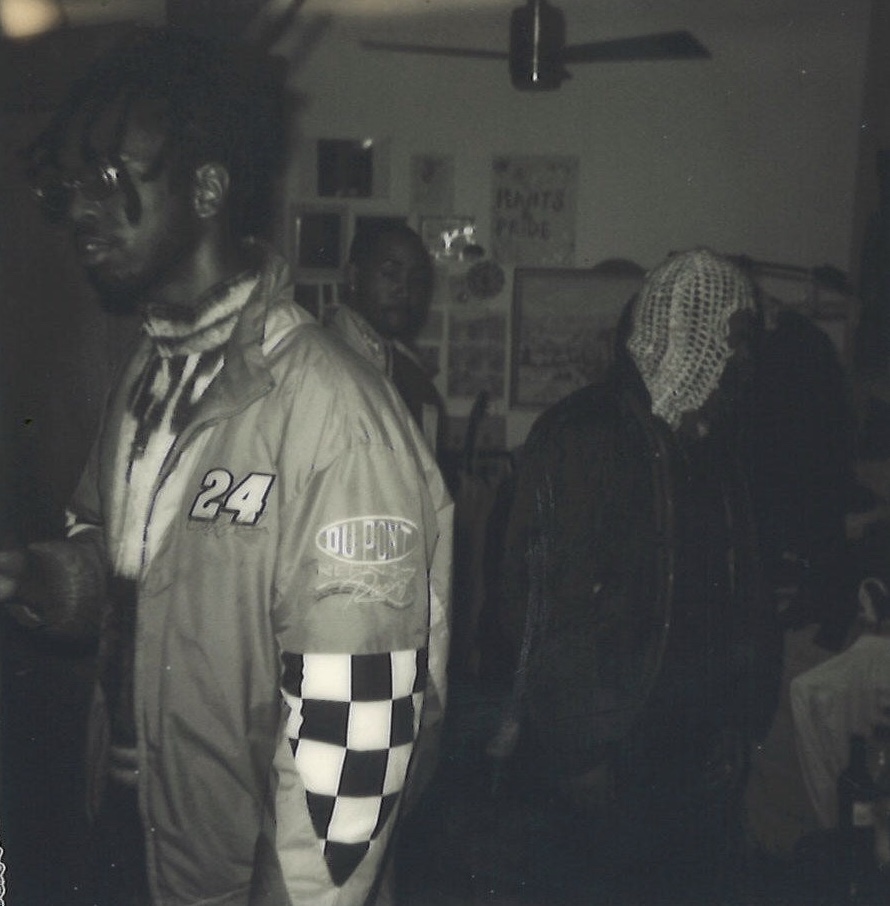Deej | Photographs by Alex Young
The snapshot of Pittsburgh culture the last two years at times was bleak. People died. People key to the development of arts, entertainment, creativity, and ultimately progress in the city are gone. After his death, the artist known as Yung Mulatto left a legacy through his illustrations that showed how he championed familiar hip-hop communities in The ‘Burgh. Jimmy Wopo, another local rap legend, was on the brink of takeoff— stardom. Worldwide notoriety was soon to be his, but senseless gun violence killed him. Mac Miller, a beacon of Pittsburgh pride and musicality, died from an accidental drug overdose. Cap Jazzo, a participant in the local hip-hop scene with the group Glasshead passed on too. Within a year and a half, Pittsburgh lost some of its greatest artists and minds. East Pittsburgh Police officer Michael Rosfeld also killed an unarmed black teen named Antwon Rose shooting him in the back three times during that same period, and a white supremacist killed 11 Jews in their synagogue in Squirrel Hill.
Communities here remain hopeful and productive, though.
A legendary author walks among us snagging press in the New York Times, Time magazine, Washington Post, and more for his debut book, What Doesn’t Kill You Makes You Blacker by Damon Young. Rappers who came up in the local culture performing at functions like First Friday have gotten signed and hit the road for national tours. Benji., a talented musician and performer opens up for popular rap group EarthGang. Coincidence— Benji.’s older brother, Christo, is a trusted DJ and chart-topping producer in the music industry, especially with Dreamville’s J.I.D. Meanwhile, another Pittsburgh player, Zeke Nicholson co-runs the management firm Since the 80s backing EarthGang and J.I.D, along with 21 Savage and other popular hip-hop acts. My Favorite Color, the rapper originally from Los Angeles who moved to Pittsburgh during adolescence through young adulthood, signed with Rostrum Records upon his return home to L.A. Now, Taylor Gang prepares to make a bigger impact in the city upon the release of their compilation mixtape featuring select artists from here in Pittsburgh.
One of those artists on the mixtape will be Deej, a superstar apparent who can rap, sing, and hold your eye.
Once she opened the door and walked in Klavon’s ice cream parlor in the Strip District, the sun from outside behind her peeking through the closing door made Deej glow. Her colorful pink ensemble kept her in the spotlight. A soft, fluffy long pink coat matched her patent leather pink boots. The skirt she wore was teal leather paired with a big teal belt and buckle. The whole thing was groovy and mixed well with fun and playfulness in the ice cream parlor.
“Pittsburgh artists are doing great,” Deej said. “We’re dope people.”
Michael Carroll, Deej’s manager, mentioned Deej’s placement on the Taylor Gang mixtape and began talking about the contemporary culture as it pertains to the history of Pittsburgh’s music scene. There’s two sides: the left side talking about enjoying life and the right side talking about drugs and killing each other. 31-year-old Carroll claims the left side has had better success furthering their careers and getting signed. He references 2008 when Wiz Khalifa was coming up out of the ’Burgh along with other artists like S. Money. It was the same narrative with the left and right side. Wiz became a household name whereas S. Money wound up in jail.
On the other hand, the 22-year-old rapper-songstress Deej fits into any music community well, although admittedly, she’s “a little different” from others. She’s into mermaids, fairies and aliens as a self-described loner. Deej’s ability forces her to pop out because her voice is too good to keep to herself. “I won’t say I’m this talented person, but I am,” Deej said. She’s soft-spoken, but, as you see, the Pittsburgh native can break into her bag and boast when it comes to her music.
“You know I run it.”
Impressively, how Deej transitions from rap flow to singing listeners like. “Everything she does is effortlessly,” Carroll said. Her R&B vocals became prominent in her January 2019 debut album called “Unikorn Black.” Tracks on the record like the sultry “Good Wood” and “On$ight,” which samples Ginuwine’s hit song “Differences,” shine as complements with the bars Deej bites off rapping in “#Bykwri.” She said, “I just create art. Some people call me a rapper. Some people call me an R&B singer. I guess I’m both,” classifying her skillsets.
The mood board for Deej takes inspo from Nicki Minaj “Super Bass.” Deej smiles thinking about that time in her life. “I wore Chinese Bangs in highlighted colors all the time. I did my own hair… You know that was that era it was lit swear.”
As an artist, Deej gains traction due to her product and promotion. She’s performed as the opener for Young M.A. The “Unikorn Black” album released first, and now Deej drops periodic music videos to keep the songs fresh. Both “Pri$tine” and “Space$hip” are next to receive visuals. She also credits her team thanks to her mother and Carroll for helping with her success. “Being isolated is cool and all, but really you need other people around you to learn,” Deej said.
Through it all, Deej has learned her process is “about trust.” Trusting herself, trusting her management, and trusting her message is true. “A good environment and good headspace, you’ll be good. You just gotta want it. Get up and go.”
Read the full transcript from the Deej interview below.
Deej: Is it homemade ice cream?
InTheRough: I’m not sure, but it is good.
Deej: I kinda want a shirt— a Klavon’s shirt.
ITR: Cool. So, you’re 21-years-old now. How long have you been making music?
Deej: Since I was 17, so four years.
ITR: Where you are now musically— your catalog and your brand— did you imagine that four years ago?
Deej: I prayed for it. “Pray I get there.” I’m a manifest-er. I make it happen.
ITR: Do you feel like you are where you need to be?
Deej: For now.
ITR: Where do you want to go?
Deej: The impossible.
ITR: Now, “Unikorn Black” is what brought me here. The song “Peter Pan” is my favorite song on that album.
Deej: Period.
ITR: I noticed you can have songs like “Peter Pan” or “Space$hip” where your singing steals the show. You can also drop bars. How do you go between those moods?
Deej: I just vibe out. I won’t say I’m this talented person, but I am. If I want to rap, then I’m gonna rap. If I want to sing, then I’ll sing.
ITR: How do you classify yourself?
Deej: I’m an artist. I just create art. Some people call me a rapper. Some people call me a R&B singer. I guess I’m both.
ITR: How do you fit in to the culture here in Pittsburgh musically? Do you even care about it?
Deej: I care a lot about it. It’s actually dope. We had an event yesterday with Taylor Gang. I loved it. We’re doing great things. Pittsburgh artists are doing great. I fit in very well. I’m a little different.
ITR: In what ways?
Deej: The work ethic. The creativity. I’m a little different like I said, but we definitely have similarities, like the swag. It’s dope. We’re dope people.
ITR: Yeah, I saw you Tweeted you met Wiz Khalifa for the first time at the TGOD event.
Deej: Yes, and I was drunk as fuck, but it was lovely. He was like, “Oh, hey, Deej.” I’m like, “Oh, what’s up. I’m drunk as hell, but what’s good?”
ITR: [laughs] I say that not for the fact of meeting Wiz, but for the fact that there’s a lot of hip-hop artists with roots in Pittsburgh who are good and who are making moves. Artists from the ‘Burgh sign deals. I’m curious. How does it feel to be part of that community? How do you feel when other artists make it from Pittsburgh when you’re next to do that?
Deej: It gives me hope. If they can do it, I can do it. I’m as good. We all dope. It just makes sense. Everything takes time and I’m just waiting for my time. That’s all.
ITR: Is there a specific artist out there who gave you that inspiration?
Deej: Honestly, I just stayed in my own lane. I’m a very isolated person. I didn’t really know people in Pittsburgh. I finally popped out now, so I never really compared myself to them. Be myself and I’ll be good.
ITR: Where did you go to high school?
Deej: Moon Township and Upper St. Clair.
ITR: Where were you born?
Deej: I’m from the West Side of Pittsburgh.
ITR: Gotcha. I noticed you’re very colorful. Not just how you dress, but your personality too. Explain your style.
Deej: I was always this colorful person even before I did music. In middle school, I would dress different. I would wear the colorful skinny jeans with the Chuck Taylors. My hair would be different colors. I would say Nicki Minaj. I loved her when I was younger. I wore Chinese Bangs in highlighted colors all the time. I did my own hair. She inspired me. “Super Bass” that was that shit. You know that was that era it was lit swear.
ITR: Yeah, your style is very bubbly. That’s why I picked here at Klavon’s to interview.
Deej: Nice and I love it. That’s why I’m dressed like strawberry ice cream.
ITR: What is your favorite song on “Unikorn Black”?
Deej: I would say “Space$hip” and “Pri$tine.”
ITR: Why those two?
Deej: They sound really pretty. They’re vibe-y. It’s a mood. It’s a couple things. We’ll see in the videos.
ITR: Oh, you’re making music videos for both songs?
Deej: Yes, I’m excited.
ITR: Why do you prefer having money over being famous?
Deej: Because people are terrible. The world isn’t terrible, but the people in it are. People will bring you down so bad. If we get more consistent with love, the world will be better. Fame is not going to be my thing. I’m gonna be ‘over it’ like Summer Walker. Money is okay because I can help other people and expand. Money is kind of important.
ITR: Yeah, it’s important.
Deej: Honestly… I talk my bullshit on Twitter. I do not want my Twitter to be viral. I talk my shit.
ITR: [laughs] That’s why I’m asking some of these questions because I read your Twitter.
Deej: Now I’m going to watch.
ITR: That’s what it’s for though…
Deej: Twitter is for talking shit. People have their moments. People go through things. Just learn how to control emotions. I think you’ll be great once you master that.
ITR: I feel that. My therapist says you have to balance your emotional side with your rational side in order to be the best person you can be.
Deej: Right.
ITR: How important is your mental health to you?
Deej: Very important, that’s why I’m such a spiritual person. I like to meditate. I like to study spiritual things like crystals. I’m really learning it now. Horoscopes too. Mermaids, fairies, aliens, and everything.
ITR: [laughs] That was the perfect description of yourself— mermaids, fairies, aliens— thank you.
So, I was listening to “Good Wood.” I think people are naturally distrusting. When you talk about the female/male dynamic when it comes to love and relationships, females are extra distrusting because some males are dogs. In the chorus of “Good Wood,” I think you’re saying, “Is he a dog or a counterfeit?”
Deej: “Is he a dub or a counterfeit.” Is he a 10/10 or is he fake? Is he really fucking with me or is he fake? Do you want me to sing the hook to you?
ITR: [smirks] Okay, sure.
Deej sings the hook of “Good Wood.”
ITR: You seem genuine and positive. It does suck when people betray you. What advice would you give to younger you or young girls out there to protect themselves in love?
Deej: Just be single and love yourself. I know relationships can teach a person, but trust me be single. Learn to love. Be genuine and open. Be very confident. Take risks. Love could wait. Friendships are important, but love could wait.
I say friendships because people can teach you how to adapt to different environments. They can teach you different traits and how to cope with things. Being isolated is cool and all, but really you need other people around you to learn. Me being a loner I was really weird. I just had to pop out and get to vibe with all the people. I was really shy, but I’m getting better.
ITR: It’s always interesting with entertainers. Like you walked in here fashionably late and all the attention was on you with your pink coat and pink boots to match. You took over the room. I’m like, “Oh, shit. She already is a star.” So, how can you be shy? In a way, your job has become entertaining other people. I feel like entertainers lose parts of themselves that way.
Deej: Honestly, I’m just getting started so we’ll see. Just be pure. Be true to yourself, honestly, that’s really what it is. The universe knows the truth. What you speak and what you live is your truth for sure. If you’re back stabbing and you’re fake, karma is a bitch.
ITR: When you’re making music and you get critique, how do you not take it personally?
Deej: As long as that person knows what they’re doing. You just gotta know what you’re doing and I’ll trust you. It’s all about trust for real.
ITR: What are you working on now?
Deej: Building my content for IG. I’m not an Internet person. I’m still an isolated person, so it’s kind of hard, but I’m getting the hang of it. Plus, I’m a naturally poppin’ person, so it is what it is [laughs]. I’m definitely working on music.
ITR: How do you plan to followup “Unikorn Black”?
Deej: I get better all the time. I have no worries. No worries [laughs]. Either a new project or we’re just going to keep dropping videos. Videos first and then a new project. I feel like “Unikorn Black” needs to be pushed a little more with the videos.
ITR: I like when artists drop an album then delay the release of the music videos. It keeps the project fresh.
Deej: I agree. At first, I was like, “Damn, we haven’t done shit for these.” But, no. Time tells.
ITR: You let the music breathe first then you give people more.
Deej: Right. Time is always right for sure. Stay tuned. I’m excited.
ITR: All of your videos are well done. The storylines everything.
Deej: I agree. They actually were dope. They’ve gotten better. Michael (Deej’s manager), he helps me bring them to life. I am really blessed to have the people I have in my life. You have to have a great team. Great support. My mom is very helpful. A good environment and good head space, you’ll be good. You just gotta want it. Get up and go.
ITR: Michael and I were talking before you arrived about the difference between all the artists in Pittsburgh and those who are finding success is the team around them. What advice would you give to up and coming artists for their path to make it?
Deej: Stay original. Stay pure. Count your blessings.
[Interview conversation on Nov. 12, 2019]



